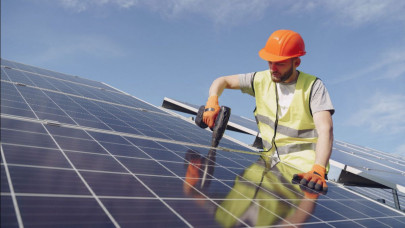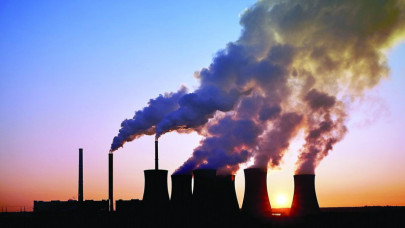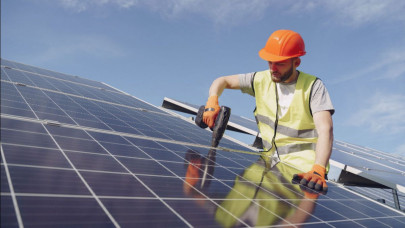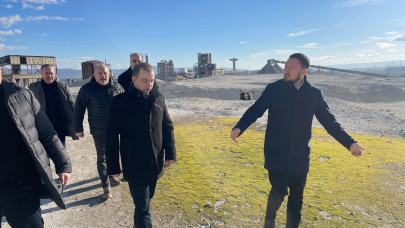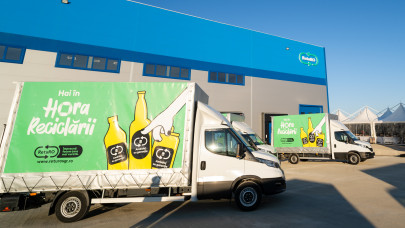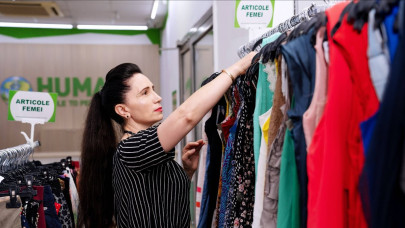The CIPN project was financed by the Government of Romania, from a loan from the World Bank, and took place in two financing phases. The first phase started in 2008 and ended in 2017, financing a number of 86 manure management platforms. The additional financing of the project was allocated until December 2023.
"The World Bank has supported Romania in its efforts to combat nutrient pollution for the last two decades, with over €110 million invested in local communities and with assistance given to the Government to strengthen administrative capacity. We appreciate the excellent collaboration with the Ministry of Environment, Water and Forests throughout the project, as well as the Government's commitment to bring Romania into compliance with the EU Nitrates Directive, to promote good agricultural practices and to mobilize European funds to improve the management of nutrient pollution. Romania's efforts to reduce environmental pollution must continue," said Anna Akhalkatsi, according to a press release from the Ministry of the Environment.
According to the Ministry of the Environment, specialist studies show that water pollution with nitrates is caused by improper management of fertilizers (natural or chemical) and can lead to serious environmental problems (eutrophication - a phenomenon that seriously affects the balance of aquatic ecosystems), but especially in consequences on the health of the population. In Romania, there are still cases of methemoglobinemia, and the most vulnerable to this disease are the babies who are fed milk prepared with water from sources polluted with nutrients. The condition is also called the blue disease of the infant, or infantile cyanosis.
"The Integrated Control of Nutrient Pollution project is one of the oldest projects not only at the national level but also at the global level, having been implemented for over 20 years. The fact that it continued to function proves that it had results and responded to society's real needs. Through the implementation of this project, Romania has proven its ability to use the available external funding sources in order to honor its obligations as a Member State of the European Union and towards its citizens. For this reason, there is also continuity: the UMP will soon manage another financing from the World Bank, together with extended responsibilities that will cover the efficiency of the use of inputs from agriculture, as well as important investments in digitization and modernization of laboratories for the analysis of water quality and plant protection products", stated the Minister of the Environment, Waters, and Forests, Mircea Fechet.
For her part, Adriana Petcu, Secretary of State for Water within MMAP, emphasized that the project had ambitious interventions, allocating about 70% of the funds for construction works and the necessary equipment for manure management at the local level.
"Building a platform does not automatically ensure the collection of manure. Consolidating the contractual relations with the town halls benefiting from the platforms, by introducing performance indicators regarding the degree of filling, developing a manual for the use of the platforms, and ensuring the training of the staff of the town halls, immediately after the completion of the works, represented a package of actions that led to streamlining their use and ensuring the sustainability of investments", Adriana Petcu pointed out.
The map of communal manure collection platforms, built through the "Integrated Control of Nutrient Pollution" project, is available on the project website www.apanoastra.ro, Platforms section.


